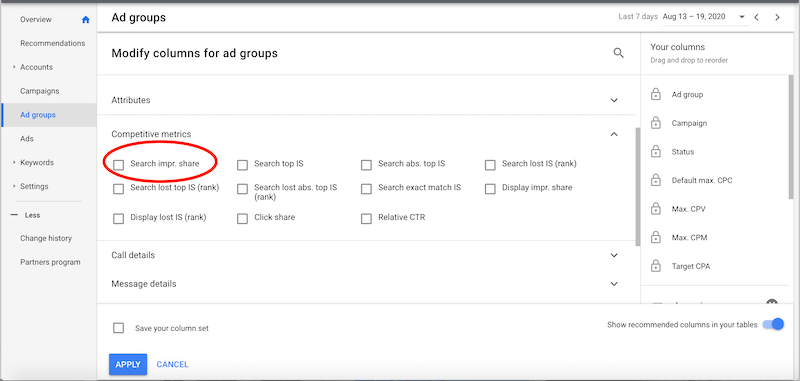Optimizing Google Ads keyword research is essential for low-budget campaigns to make every dollar count. With a well-thought-out strategy, you can target the right audience, reduce wasted spend, and maximize ROI. Here are some key tips for achieving success in your Google Ads campaigns, even with limited resources.
-
Focus on Long-Tail Keywords
Long-tail keywords are longer, more specific search phrases that tend to have lower competition and cost. By targeting these keywords, you can reach users who are more likely to convert, while keeping your costs down. For example, instead of targeting “shoes,” try “buy running shoes for flat feet.” -
Use Google Keyword Planner Efficiently
Google Keyword Planner is a free tool that helps you identify keyword ideas and their associated costs. For low-budget campaigns, focus on the keywords that have lower competition and CPC (cost per click) but still have significant search volume. You can also use filters to identify keywords within your desired budget. -
Leverage Negative Keywords
To ensure your budget is spent wisely, use negative keywords to prevent your ads from showing for irrelevant searches. For instance, if you’re selling high-end leather shoes, add terms like “cheap” or “discount” as negative keywords to avoid attracting unqualified traffic. -
Prioritize High Intent Keywords
Focusing on high-intent keywords is crucial for low-budget campaigns. High-intent keywords reflect users who are closer to making a purchase decision. For example, “buy running shoes online” shows a higher intent compared to “shoes for running.” By targeting these high-intent keywords, you ensure that your limited budget is directed toward the users most likely to convert. -
Monitor and Adjust Regularly
Since your budget is limited, it’s essential to keep an eye on keyword performance and adjust your strategy frequently. Track metrics such as CTR (click-through rate) and conversion rates, and pause or adjust poorly performing keywords to prevent wasted spend. -
Utilize Location and Time-Based Targeting
If you’re running a local or time-sensitive campaign, you can optimize your Google Ads by narrowing your targeting to specific locations or times of day. This helps ensure that your ads are shown to the most relevant audience, preventing your budget from being spread too thin.
By following these tips, you can efficiently research keywords and run a successful Google Ads campaign, even on a tight budget. Always remember, the goal isn’t to cast a wide net but to strategically target the most valuable and cost-effective keywords
